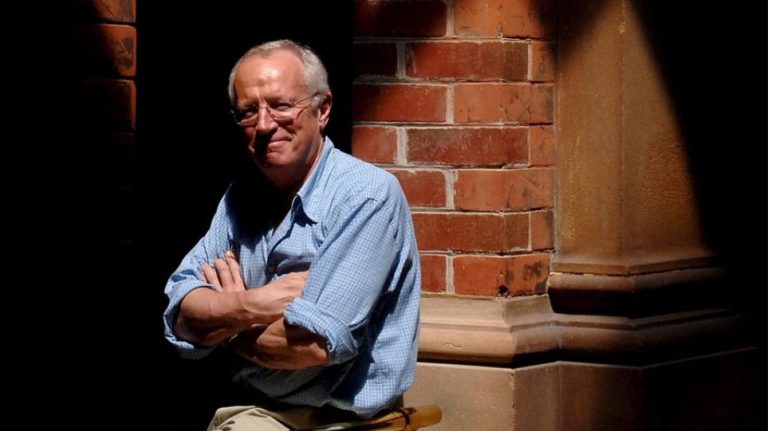Veteran foreign correspondent and author Robert Fisk has died after becoming unwell at his Dublin home on Friday.
It is understood the journalist was admitted to St Vincent’s hospital where he died a short time later. He was 74.
Fisk was one of the most highly regarded and controversial British foreign correspondents of the modern era and was described by the New York Times in 2005 as “probably the most famous foreign correspondent in Britain”.
He had a long relationship with Ireland dating back to 1972 when he moved to Belfast to work as Northern Ireland correspondent for the London Times at the height of the Troubles.
He subsequently did his PhD in Trinity College, completing a thesis on Ireland’s neutrality during the second World War. He owned a home in Dalkey where he lived for many years.
His career in journalism started with the Sunday Express in London but that relationship was brief and he soon moved to the Times.
After making a name for himself reporting from Northern Ireland for that paper, Fisk relocated briefly to Portugal and then to Beirut where he worked as Middle East correspondent, once again for the Times.
He covered, among other events, the Lebanese civil war, Russian invasion of Afghanistan, Iranian revolution and the Iran-Iraq War.
Erdogan and Khan are hypocritical about Macron’s France – Analysis
He joined the London Independent in 1989 after a row with the Rupert Murdoch-owned newspaper and continued to work for that publication until his death. It is understood that he was planning his return to the Middle East in recent days.
Critical of the United States
He reported extensively on the first Gulf War basing himself for a time in Baghdad where he was fiercely critical of other foreign correspondents whom he accused of covering the conflict from their hotel rooms.
He also covered the US-led war wars in Afghanistan and Iraq and frequently condemned US involvement in the region. Fisk was one of very few western reporters to interview Osama Bin Laden, something he did on three occasions in the 1990s.
Read more: Irish Times
Ask me anything
Explore related questions





